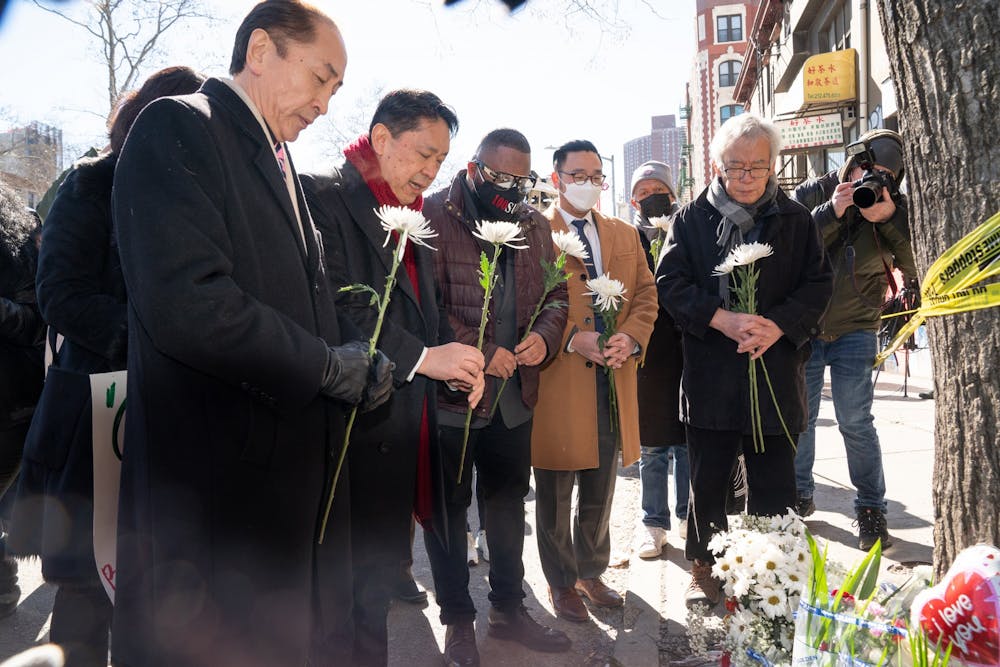In my Criminal Law class, I’ve noticed how easy it is to equate guilt with punishment and punishment with accountability.
When we craft arguments for why someone should or should not be guilty, punishment is implicit and our conversations invariably transition into whether the defendant should be held accountable for their actions. But accountability, guilt and punishment are distinct concepts. Punishment can come without guilt, and accountability can exist freely without punishment.
We meld the three in conversation not because we don’t understand the distinction, but because our criminal justice system is designed to outsource all three. It is designed to allow "law-abiding citizens" to let the system — police, jails, courts, parole officers, immigration enforcement — handle the dirty work, only being called in for the occasional jury duty.
It distinguishes the community member from the criminal and ignores the role and responsibility we all have in the creation of harm.
As an Asian American abolitionist, untangling these tensions and ideas is necessary work, and right now it is especially difficult work.
As we approach the anniversary of the mass shooting at several Asian spas in Atlanta next month, Asian American communities, violence against Asian Americans — especially women — has become more salient.
In January, a Lunar New Year event hosted by the National Asian Pacific American Women’s Forum was Zoombombed with “horrific, violent, racially charged images and audio,” actress Olivia Munn said. Just last week in Chapel Hill, the UNC Asian American Center experienced a Zoombombing during one of its virtual events.
Compounding these virtual events are the killings of Michelle Go and Christina Yuna Lee. Go was pushed in front of a subway train. Lee was followed into her apartment and stabbed to death. A memorial erected to honor Lee’s life was vandalized.
These deaths are difficult to talk about. They were senseless and horrible, and they encapsulate how targeted Asian American women still are, nearly one year after the spa shootings in Atlanta. They’re also difficult to talk about because they were allegedly perpetrated by men reported to be homeless and suffering from mental illness.




